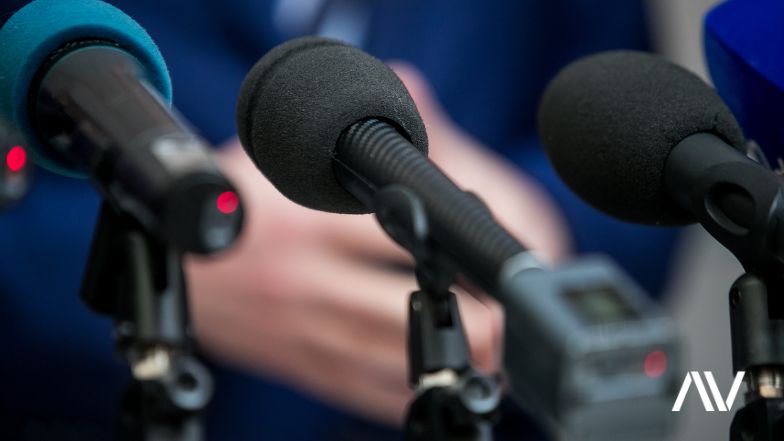In the age of media communication, the key question is whether business leaders are truly prepared to face media interviews. The answer, in many cases, is a confident yes. However, the reality is that even the most assured spokespersons can find themselves ill-equipped to handle the challenges presented by the media. This is where the concept of “media training” comes into play, a training designed specifically to equip directors, senior executives, and organizational leaders with the necessary skills to effectively communicate their messages in an increasingly complex and demanding media environment.
Media training provides participants with the opportunity to acquire techniques and tools that allow them to maintain control during a journalistic interview, communicate their messages clearly and effectively, and face difficult questions or crisis situations with confidence and poise. Through practical exercises and simulated scenarios, participants have the opportunity to put these skills into practice and enhance their communication abilities.
An illustrative example of the importance of media training is the case of former Mexican President, Vicente Fox, who faced a critical interview on Telemundo’s “En Contexto” program in October 2007. During the interview, Fox was confronted with uncomfortable questions about his property records, and his lack of preparation and handling of the situation resulted in a unclear response and a loss of control of the interview.
The reality is that even the most experienced and knowledgeable leaders can greatly benefit from a media training session. In addition to providing techniques for effective communication, media training offers the opportunity to firsthand experience the dynamics of a journalistic interview, familiarize oneself with the medium and the interviewer, and learn to adapt to different situations and scenarios.
After participating in media training, business leaders often experience a significant shift in their approach and attitude towards media interviews. Through the guidance of a communication specialist, participants can observe their growth and evolution before and after training.
As part of the preparation for a media interview, the public relations officer plays a key role in providing detailed information about the journalist, the media outlet, and the topics to be discussed during the interview. Additionally, it is recommended to prepare a memorandum document containing key messages, relevant figures, and practical tips to ensure a successful interview.
Media training is an invaluable tool for any business leader looking to enhance their communication skills and successfully navigate the demands of today’s media environment.
By offering practical techniques, specialized knowledge, and helpful advice, media training prepares leaders to communicate effectively and build a solid and positive reputation in the media world. Here are some aspects to consider:
- It is essential to express oneself clearly and understandably when addressing a wide audience. It is important to avoid using technical terms or complicated words that may hinder message comprehension.
- It is advisable to familiarize oneself with both the media outlet and the journalist before an interview. Requesting information about their interests and recent topics covered can help tailor the message more effectively.
- Honesty is the best policy when facing an interview. Speaking always with the truth builds trust and credibility, which can position the interviewee as a thought leader in their field. In the face of a difficult question, it is important to remain calm and carefully analyze the situation before responding.
- Providing a brief but assertive answer can help highlight achievements and change the course of the conversation. It is important to remember that one should never offer “off the record” statements. Even when an interview is concluded, it is possible for the interviewee’s comments to be captured and used, which could negatively affect their public image.
Keep in mind that media training can make the difference between a business spokesperson with clear messages and defined goals, and a leader who misses valuable opportunities that their competition is already taking advantage of.






